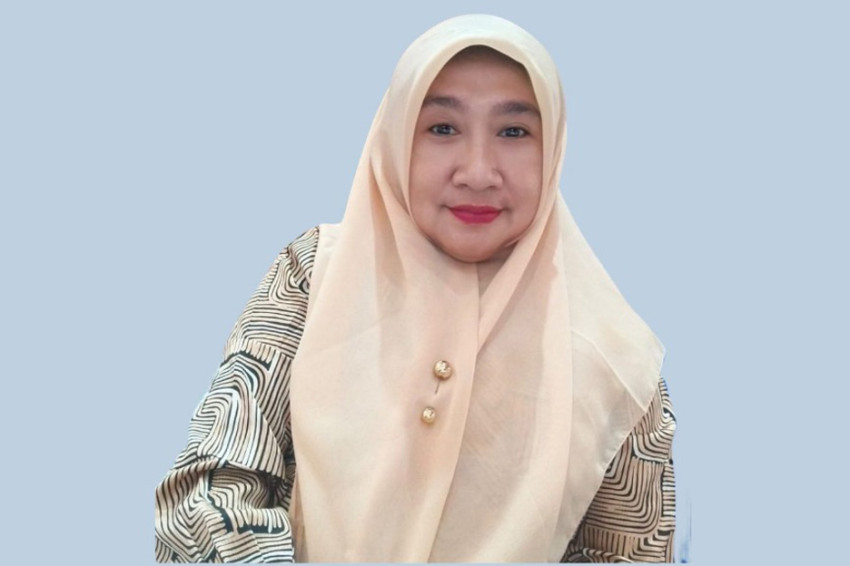Loading …
Siti Yulikhah – a student of the doctoral program of the University of Pakuan Bogor. Photo: ist
Student in doctoral program at Pakuan Bogor University
The new policy of the Ministry of Administrative Reform and the Bureaucracy Reform (Kemenpan RB) by ministerial regulation number 21 in 2024 integrates the functional position of supervisors school The school inspector and learning the guidance in the teacher’s functional position. This change is suspected of having a challenge for the educational supervision system.
Why? This is mainly due to the fact that school supervisors have an essential role in improving the quality of education. This regulation states that, after two periods of office, the supervisor will return to being a teacher will potentially affect career stability and work motivation.
Bureaucratic efficiency
The government claims that this policy aims to increase the bureaucratic efficiency and the budget of education. First of all, by reducing the structural layer, the academic supervision is expected to be closer to the practice of the class.
Secondly, the director will play a more active role in supervision. Third, the funds allocated previously for supervisors can be used for the development of the teacher’s professionalism through programs such as the professional learning community (PLC).
However, without supporting the training and appropriate systems, this efficiency risks reducing the quality of supervision. It is also suspected that this policy has the potential to cause a delay in supervision.
The elimination of the school supervisors can weaken the supervisory system, because the teacher appointed accompanying educational unit may not have special surveillance expertise.
The lack of objectivity in the evaluation is also a concern, because the previous supervisor has an independent position. If supervision is ineffective, the quality of teaching and responsibility in education can decrease, so an alternative mechanism is required to maintain supervision standards.
Social and psychological impacts for supervisors
In addition to administrative challenges, this policy also has the potential to have a psychological impact for supervisors who have returned to be a teacher. Changing in the role of supervisors who have the supervisory authority to become a teacher in the classroom can cause feelings of decline in career paths. This can have an impact on the motivation of work and the level of professional satisfaction.
Some supervisors may face difficulties in adapting to different work crops, especially if they have previously worked in a more independent structure. They must adapt to the changes of the curriculum, to the learning methods based on technology and the dynamics of the class.
In addition, the age factor is an obstacle, because most supervisors who returned to the teacher are 55 years old and over. This transition also has the potential to reduce the motivation of work due to changes in position status and lack of advanced career paths.
Alternative solution
To overcome this challenge, the government can consider several solutions. First of all, by making supervisors a consultant or a guide, which makes senior supervisors a mentor for beginner teachers, so that their experiences remain beneficial to the world of education. Secondly, the alternative career path in the education office, for example, occupying a strategic position in the formulation of educational policies.
Third, becoming a lecturer or teacher training instructor. This allows the supervisor to be involved in the academic world to help guide potential teachers and other educators. Fourth, adjusting the task of teaching, which must be returned to being a teacher, the taught task should be reduced and more focused on encouraging teachers from professional communities, such as PLC.













Leave a Reply